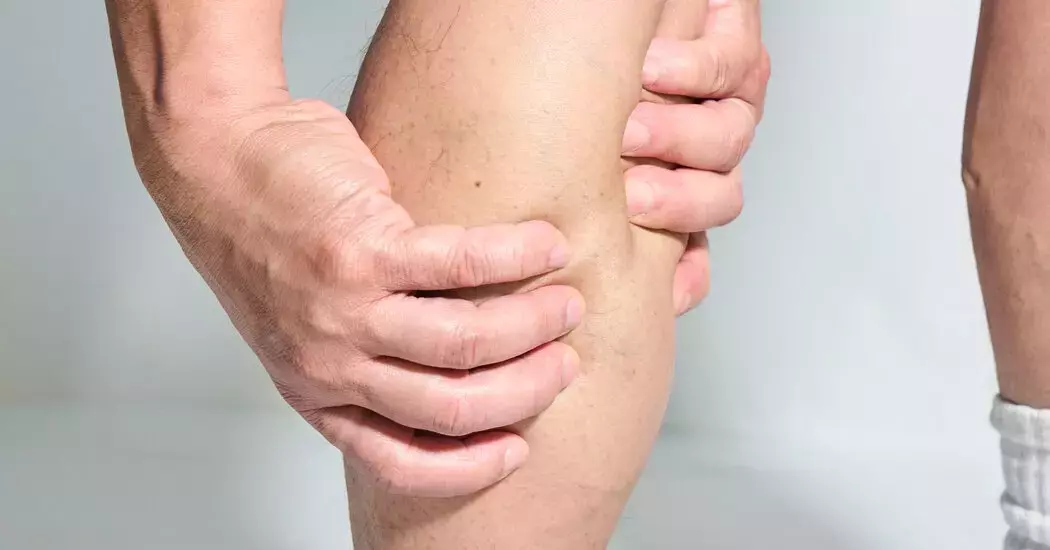
A widely held belief in fitness circles is that unless you experience soreness after a workout, it wasn't effective. However, experts argue against this notion, emphasizing that muscle growth and progress do not necessarily correlate with discomfort. Fitness professionals highlight that while some level of soreness can be normal, it's not a prerequisite for building strength or enhancing physical condition.
The Truth About Muscle Soreness and Exercise
In the realm of physical activity, many individuals associate post-workout soreness with success. Yet, specialists like Cedric Bryant, an exercise physiologist, clarify that soreness does not equate to effectiveness. Laura Richardson from the University of Michigan explains that soreness results from microscopic tears in muscle fibers, leading to inflammation and pain. As muscles repair themselves over subsequent days, this discomfort fades. Importantly, muscle growth can occur without accompanying soreness, as noted by Dr. Bryant. Athletes often continue to improve their fitness levels without experiencing post-exercise soreness, indicating their muscles have adapted efficiently to regular training routines.
For instance, in a typical scenario, imagine an athlete engaging in a rigorous routine at a local gym during the early morning hours. Despite maintaining consistency and achieving visible improvements, they may no longer feel sore. This signifies their body has adjusted well to the regimen, becoming adept at managing the workload.
From a journalistic perspective, this revelation underscores the importance of understanding individual bodily responses to exercise. It challenges us to rethink our perceptions of workout effectiveness. Readers should recognize that personal progress cannot always be measured by external indicators like soreness but instead by consistent effort and tailored training plans. Embracing this knowledge empowers individuals to pursue fitness journeys aligned with their unique capabilities and goals.
